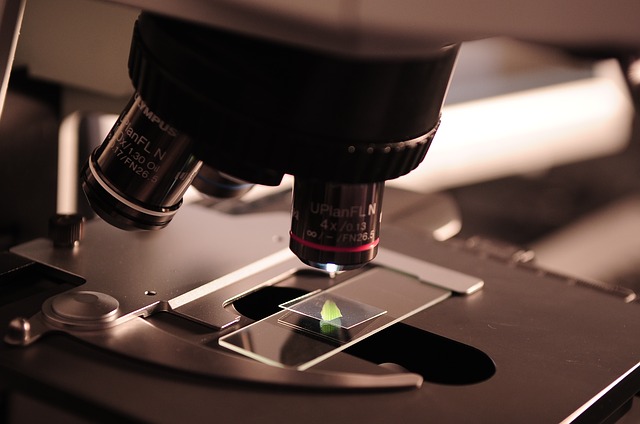
Verily, previously known as Google Life Sciences, is planning to start a 10,000-person study that aims to analyze the biology of people and find out why they transition from being healthy to being sick. In their own words, it’s ‘the quest to collect comprehensive health data and use it as a map and compass, pointing the way to disease prevention’.
The study — called Project Baseline — will first be conducted at Stanford University and Duke University. It will initially run for four years but could extend up to a decade.
To kick things off, each participant will go through a number of tests including eye exams, blood tests, a chest CAT scan to check for calcium buildup in heart arteries, and genome sequencing — a procedure that typically costs thousands of dollars. Throughout the rest of the year, they will be asked to respond to survey questions.
Participants will also be required to wear Verily’s Study Watch — a non-commercial device that measures electrocardiogram (ECG), electrodermal activity, heart rate and inertial movements, but only shows participants what the time is while it reports to Verily what their actual health stats are. They will likewise be provided with a sensor to be placed under their mattress so the quality of their sleep can be measured.
Follow-up tests will be conducted every year for the next four years.
After the initial 4-year study period, Verily hopes they will have gathered enough data that can provide a better insight on how chronic conditions like cancer, diabetes and heart disease develop and how these can be prevented.
Participants will be compensated accordingly for taking part in the study. And Verily will not keep their findings to themselves. Aside from returning the results to the participants during the observation period, especially if there is a need for medical care, they will also share their findings with ‘qualified researchers’. This way, research on related diseases can be cross-referenced with their study results, and this can hopefully serve as a solid basis for isolating biomarkers or other telltale signs associated with a certain disease.
Ultimately, the goal is quite simple. As Dr. Adrian Hernandez (one of the professors at Duke University who will be working on the study) told Business Insider: “What we are really aiming to do is figure out how do we identify people who have a change in their health early enough where we can make an intervention so they don’t come into the hospital?”
Project Baseline isn’t the first study of its kind, but it’s the largest effort so far. In the late 1940s, the Framingham Heart Study which involved over 5,000 participants resulted in conclusions that we accept as simple truths today: that good health requires a balanced diet and regular exercise, and that smoking is harmful to one’s health. Of course, it also helped us better understand what causes heart disease.
If Project Baseline works as it’s meant to, then maybe in about five years, we’ll know of better ways to prevent chronic conditions from manifesting and over time, there’ll be fewer sick people because we already know how to get ahead of a disease so it doesn’t have any chance of progressing.
From a general point of view, Verily’s intention is a noble one because they basically want to keep people from getting sick. Yet we all know it isn’t that simple. The fact that they intend to share the data they collect with others opens up a host of questionable intentions.
Do they really just want to help the world become healthier? Do they intend to make a profit out of it by selling their data to whoever wants access to it? Do they simply want to gather all that data so they can respond by developing technologies they can sell based on it?
It’s hard not to become skeptical, but in a world that’s plagued with problems, we should always leave room for optimism too. Anyway, it will be several years before anything can be perceived from this study. In the meantime, let’s hope Verily will be able to iron out all the kinks that can potentially render the results of this research as inconclusive or prejudiced, and instead ensure that everything works out as intended so everyone benefits.
Volunteers for the project may sign up through the Project Baseline website.
Disclaimer: This page contains affiliate links. If you choose to make a purchase after clicking a link, we may receive a commission at no additional cost to you. Thank you for your support!




Leave a Reply